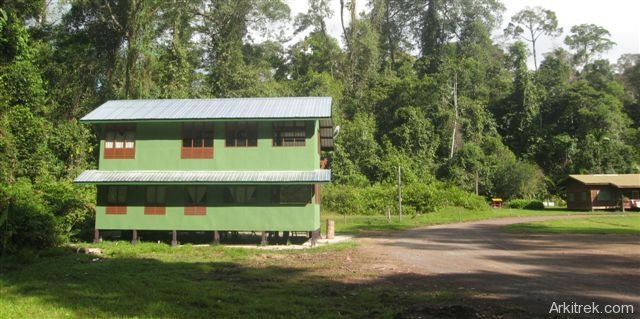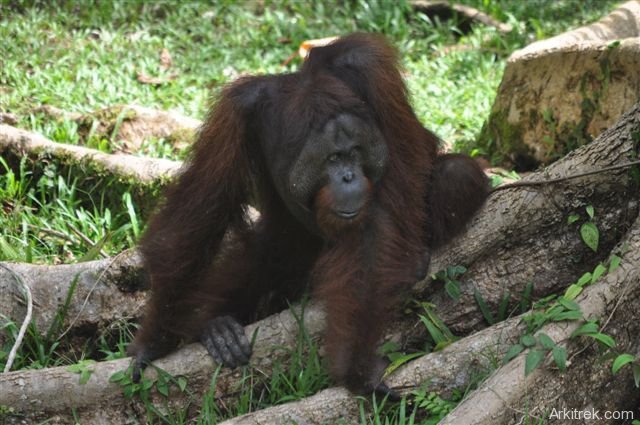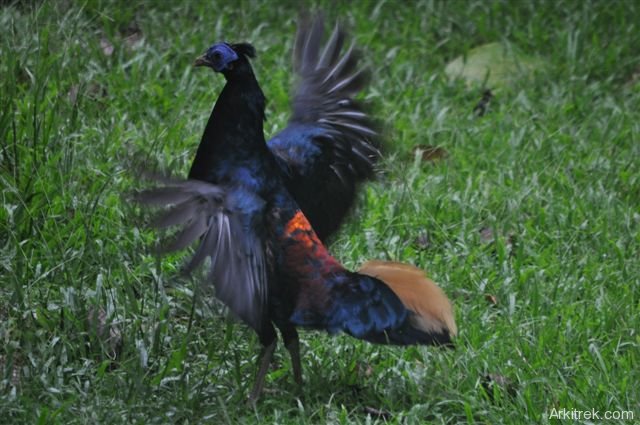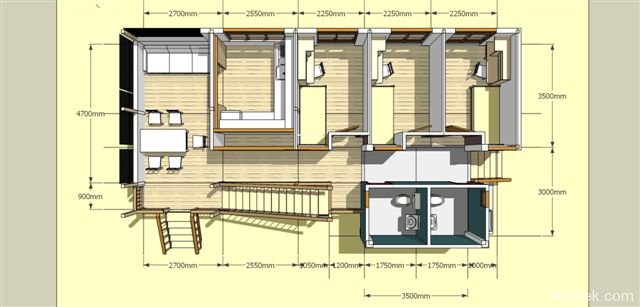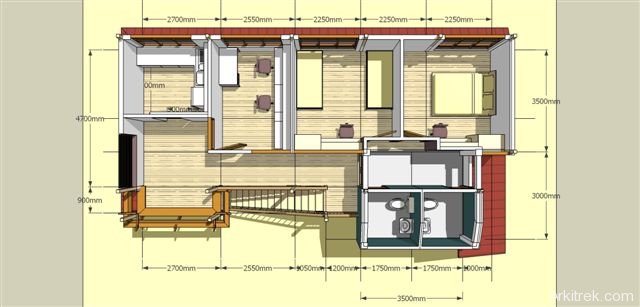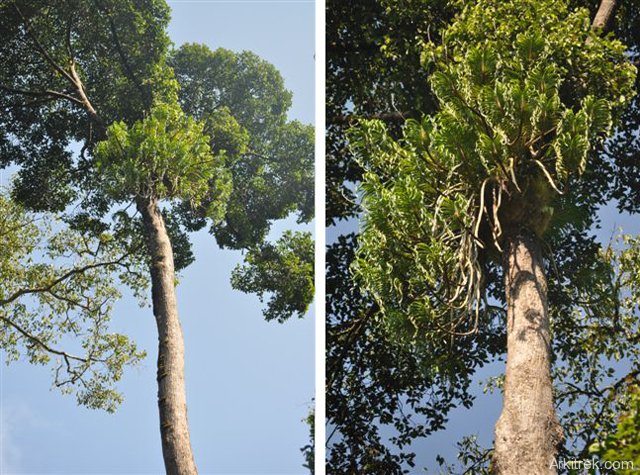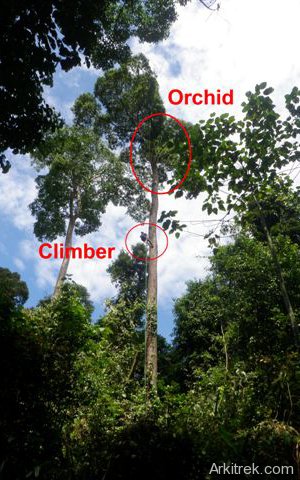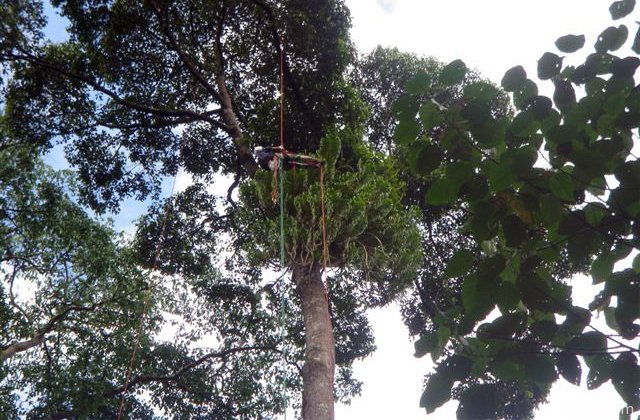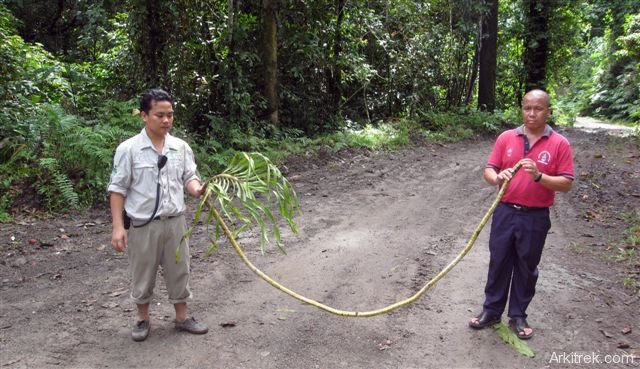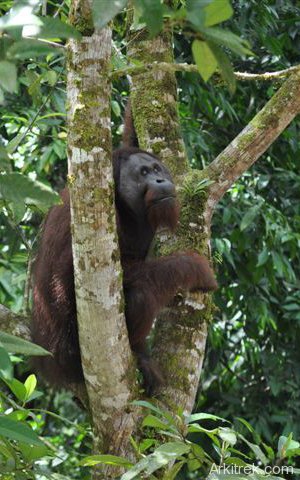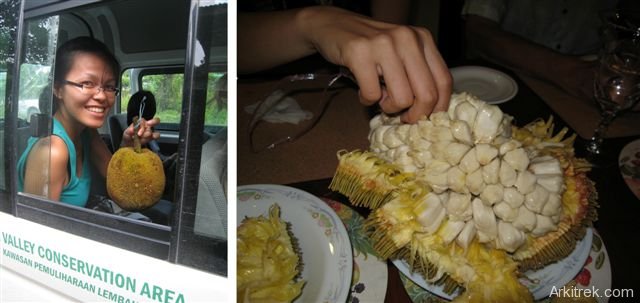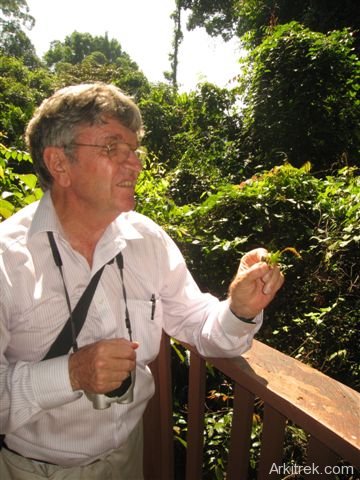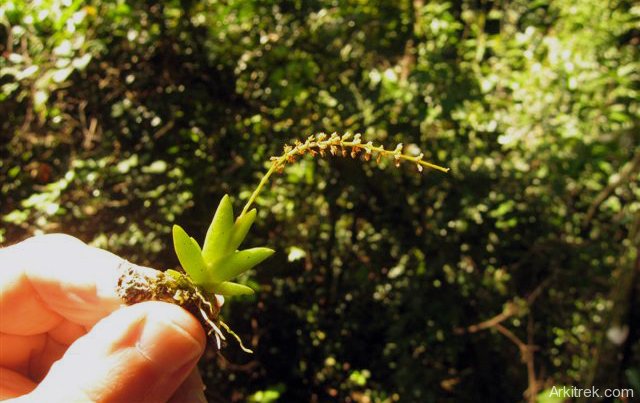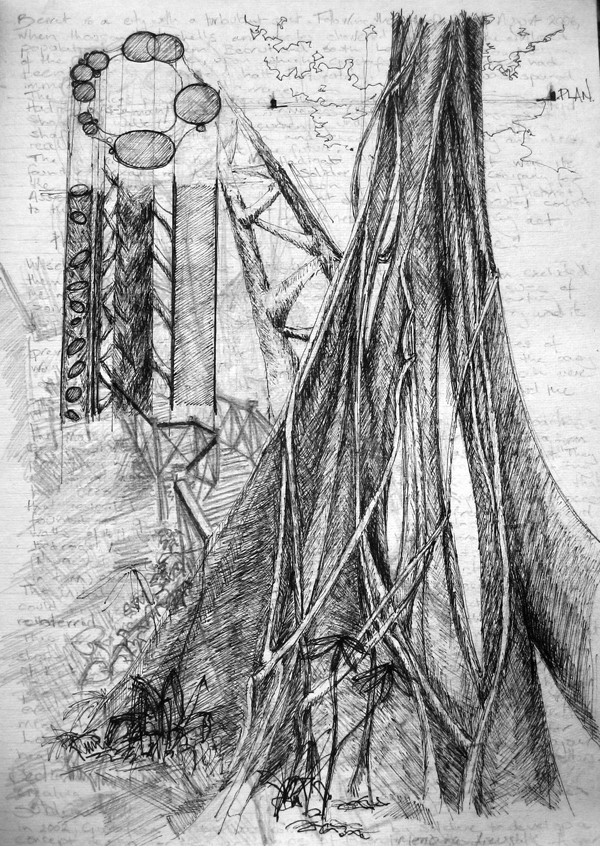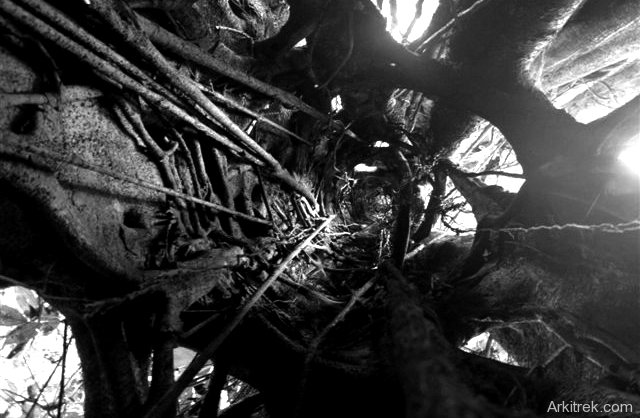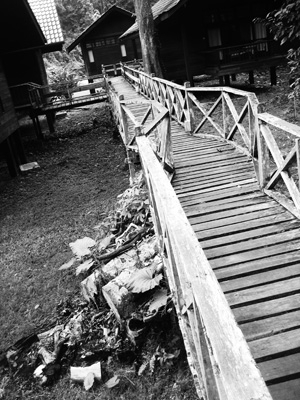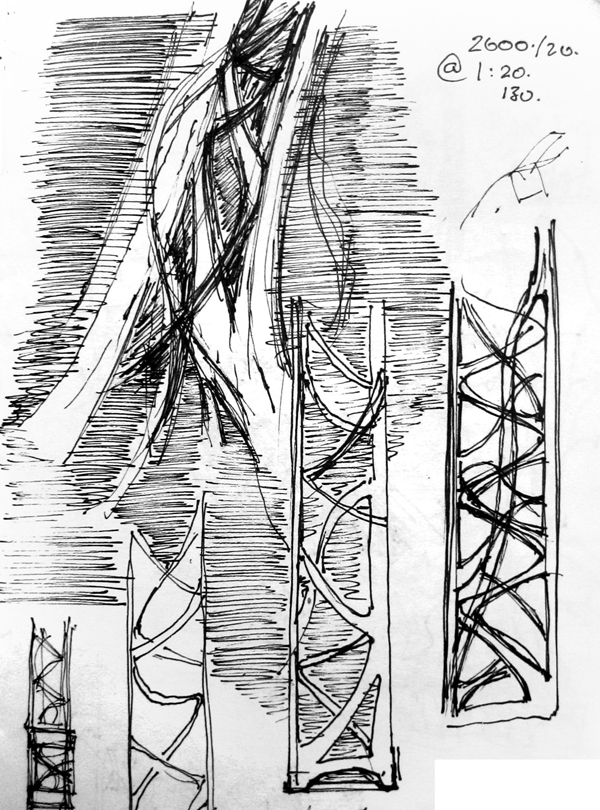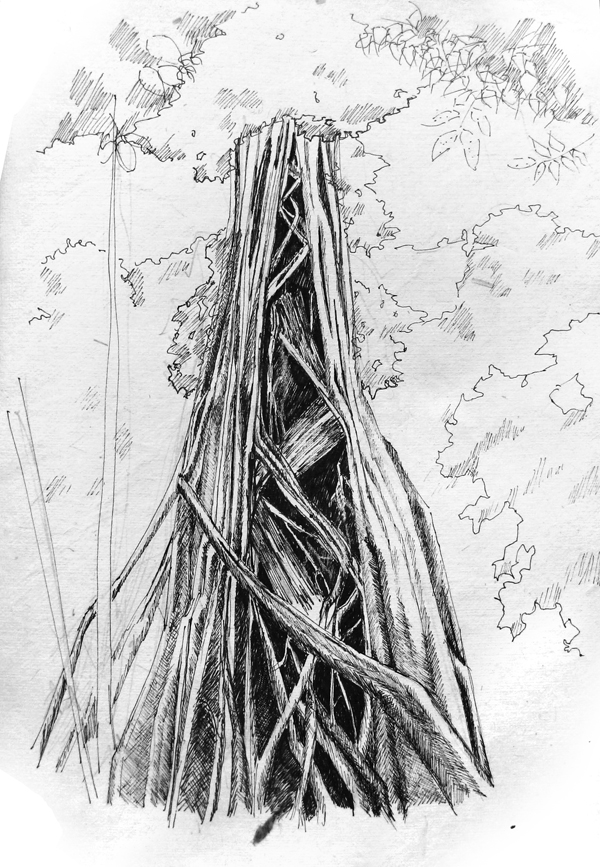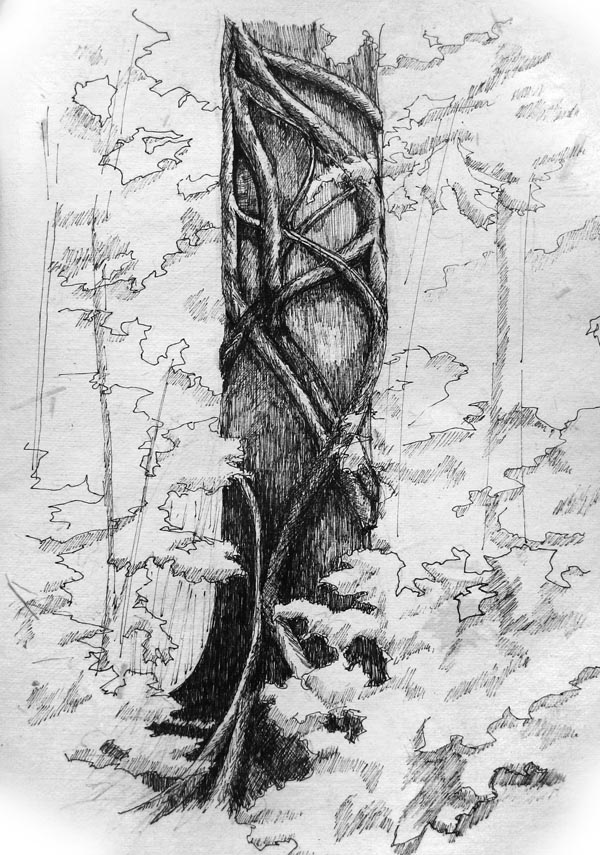Sungai Ulu Danum Research Station
Photos by Ian Hall and Serena Lamb
The forest around Borneo Rainforest Lodge (BRL) is home to an extraordinarily high density of orang-utans. More than 30 individuals are being monitored in a research program lead by the Wildlife Research Center (WRC) of Kyoto University. Wild orang-utans are very good for nature tourism and I reckon that during a three night stay at the Lodge there is an even chance of seeing at least one of those fellas.
The WRC research program now has a new purpose built home at BRL thanks to collaboration between Yayasan Sabah, University Malaysia Sabah and Kyoto University. The Sungai Ulu Danum Research Station was opened recently by Dr Waidi Sinun, director of the Conservation and Environmental Management division of Yayasan Sabah.
Nature tourism and ecological research do not always sit happily together. This is why the Danum Valley Conservation Area Management Plan separates researchers at the Danum Valley Field Centre from tourists at BRL, the fear being that tourists may scare away animals under study or trample research plots.
In fact far from scaring away animals, the benign presence of tourists at BRL has resulted in the animals becoming habituated to people. You can now regularly see bornean gibbons, red leaf monkeys, crested fireback pheasants, dwarf kingfishers, mouse deer, sambar deer, clouded leopard, flying lemur and of course orang utan, all without stepping off your balcony.
If you’re not lucky enough to see an orang-utan from the balcony then the presence of the research program means that someone knows where the orang-utans are most of the time. The researchers are studying the ecology and behaviour of orang-utans without direct intervention. In other words the apes are not captured or collared; data is gathered by following them and observing their behaviour and collecting any samples that they might drop.
The presence of tourists does not interrupt this process and it means that more people get to see ecological science at work and learn about this great ape first hand in its forest home. Arkitrek is proud to have designed the research station and hopes that the researchers and research assistants will be comfortable there for the duration of their field work.

